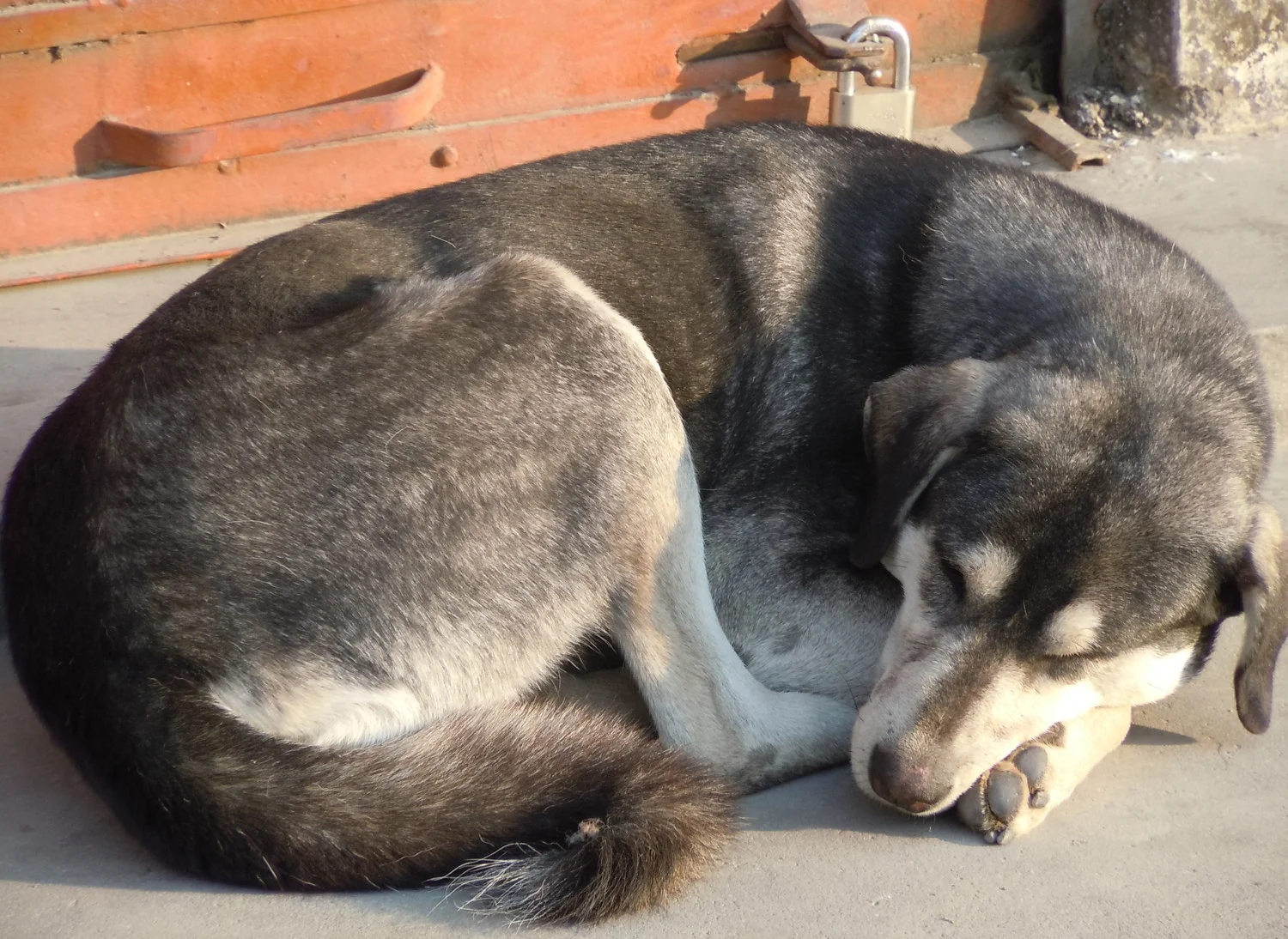“If its interest in truth is linked only to amnesty and compensation, then it will have chosen not truth, but justice. If it sees truth as the widest possible compilation of people’s perceptions, stories, myths, and experiences, it will have chosen to restore memory and foster a new humanity, and perhaps that is justice in its deepest sense. ”
Healing repeated or long term trauma requires repetition. Lots and lots and lots of repetition. It takes repetition because it takes a long time to get the story out. It takes repetition because it takes a long time to dismantle the defenses, the protections from the trauma enough to even get to the story. It takes repetition because after all of that you still have the work of rebuilding, of experiencing and living in the new space without the trauma. It takes a lot of repetition.
No one likes to hear this. Our culture has always liked an approach where we are ‘done’ with that. Where it is ‘over.’ And instead, healing from long term trauma means that we cycle back around at different intervals through the same material, through the same discussions, through the same lessons, to integrate it once more, to feel it once more, to learn it again and again. Our brains are made of massive interconnections—not a series of on and off switches. The neural pathways of survival that trauma triggers do not untangle easily.
Today as the country wrestles with Ferguson, I see how our belief that trauma is ‘done’ impacts not only individual trauma survivors, but our nation as a whole. The long term, intergenerational trauma of slavery and racism is not ‘done.’ The civil rights movement wasn’t the end of healing. It might have been the beginning of it, except that white America saw that as the moment that we were ‘done’ with the conversation—instead of the moment that we began the conversation.
This is not about the specifics of the Ferguson story—about Darren Wilson or Michael Brown. While I am not denying the importance of the specifics to the individuals involved, the story is much bigger than the specifics. When we let our arguments over specifics distract us, then we never have to get to the bigger story of intergenerational trauma. No one has to own the story of wrong doing and no one has to mourn the losses that wrong doing engendered.
When people argue specifics they think they are going after truth. When I worked with children who changed their stories of abuse—when they couldn’t remember whether they were hit on Tuesday or Saturday, at home or at the park—the specifics mattered only for legal purposes of what we call truth—but there was always the bigger truth that the child was living in fear— that we were dealing with trauma, regardless of the specifics. And the specifics of any one case involving race and violence aside, we have to be able to acknowledge the bigger truth that our racial history in America is a trauma history.
When the three young women from Ohio who were kidnapped by Ariel Castro were found after 9 years in captivity—there was the constant refrain of whether they could ever be whole and healthy again after so much time in such horrible conditions. No one imagined they would ever be ‘over it.’ They had spent a third of their lives that way. Yet, for more than ¾ of our nation’s history Blacks lived in either outright captivity or in a state where their full rights as citizens were denied. Why does everyone think this is supposed to go away so quickly? It’s because we wish it would. It’s hard to have conversations that are awkward and messy. It’s hard to not know. It’s hard to sit in conversations of sadness and anger and not be able to ‘fix it’ because it’s not about the specifics but about the bigger story.
The main avenue of communication—the media --is never going to help our country with this problem. Indeed the need to fill a 24 hour news cycle with opinion and not news is fueling the problem. No, we all have to be the ones to change the conversation. To acknowledge the long history of trauma that our country has endured and perpetrated. And we have to be willing to have this conversation over and over.
It’s not the answer anyone wants: that it’s going to take a long time, that it’s going to take a lot of repetition, that it’s going to be messy. But at least if we start, if we risk the conversation, if we acknowledge the trauma and the losses, we have a chance at something real and something whole.
© Gretchen L. Schmelzer, PhD 2014




